Optimal Timing for Masonry Services
Masonry service scheduling depends heavily on weather conditions and seasonal factors. Optimal times are typically during mild weather periods when temperatures are between 40°F and 85°F, reducing the risk of mortar freezing or drying too quickly. Spring and early fall are often preferred for their moderate temperatures and lower humidity levels, which facilitate proper curing and bonding.
Spring offers ideal conditions with moderate temperatures and minimal rainfall, making it suitable for masonry projects to ensure proper curing and durability.
Fall provides cooler weather and less humidity, which can extend the working window and improve the quality of masonry work.
Summer heat and winter cold can hinder masonry work, causing mortar problems such as cracking or improper setting.
Regions with unpredictable weather patterns should plan masonry projects during stable weather periods to prevent delays and quality issues.
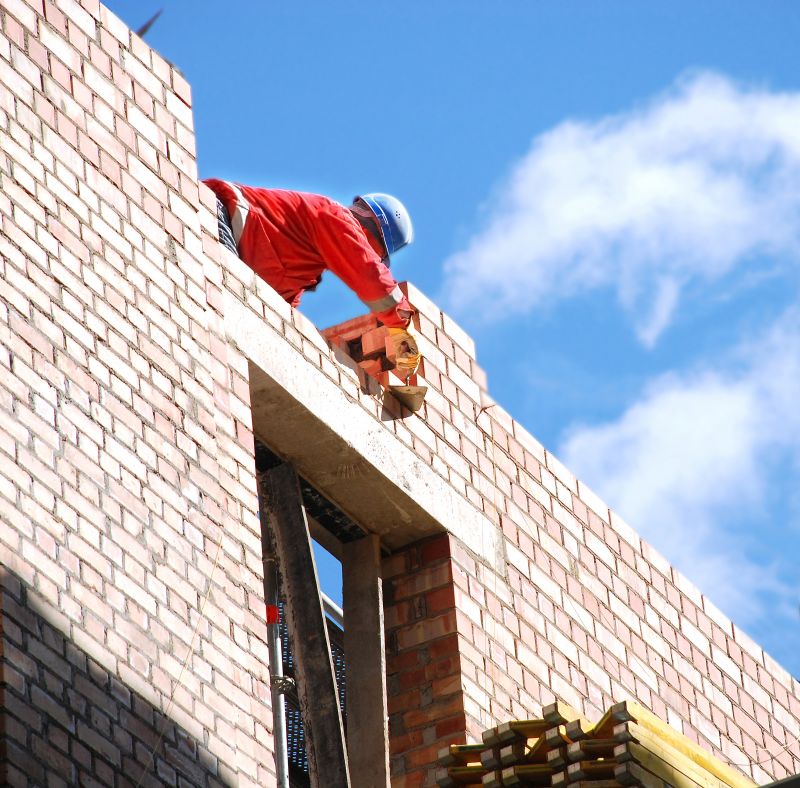
Spring masonry projects benefit from moderate temperatures and low rainfall, promoting proper mortar setting.
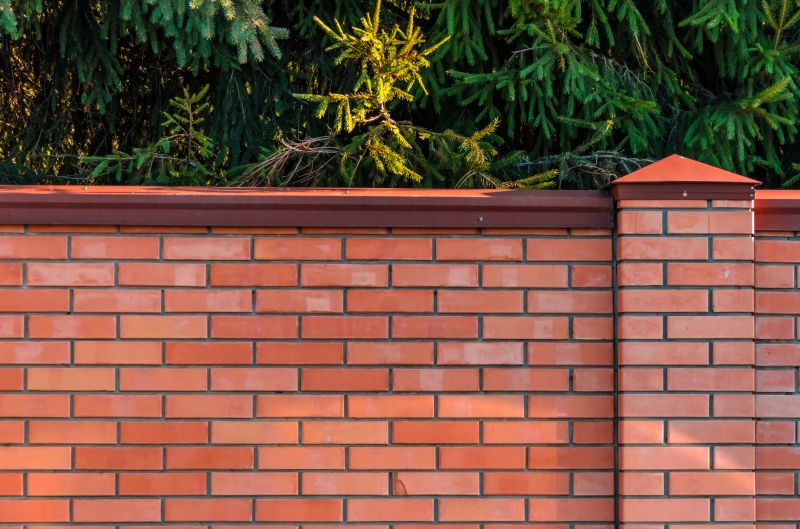
Fall provides cooler weather ideal for durable and lasting masonry structures.
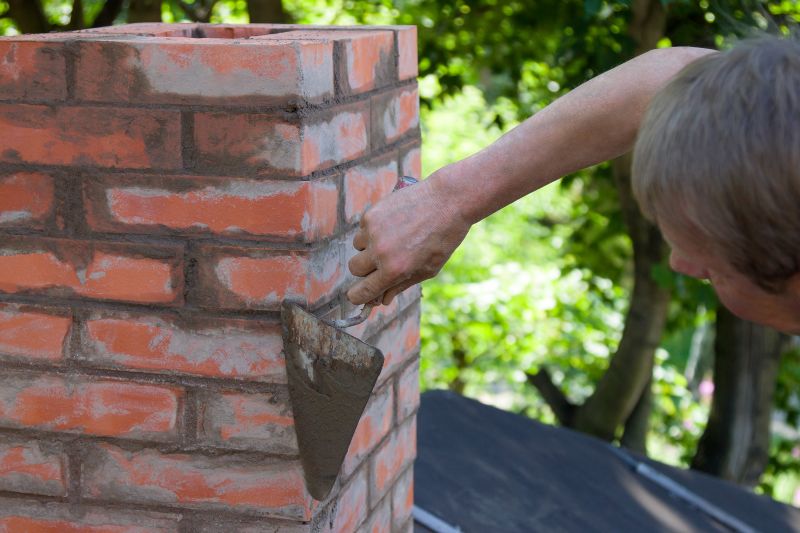
High temperatures can cause mortar to dry too quickly, affecting bond strength.
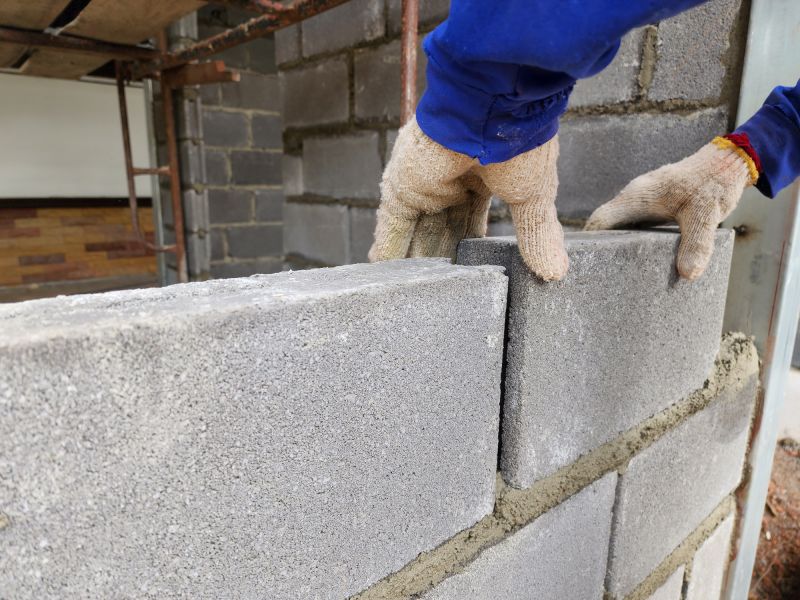
Cold weather can delay curing times and compromise mortar integrity.
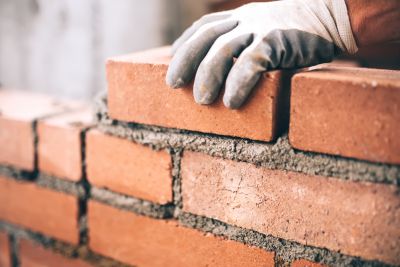
Ideal weather ensures high-quality results and longevity of masonry work.
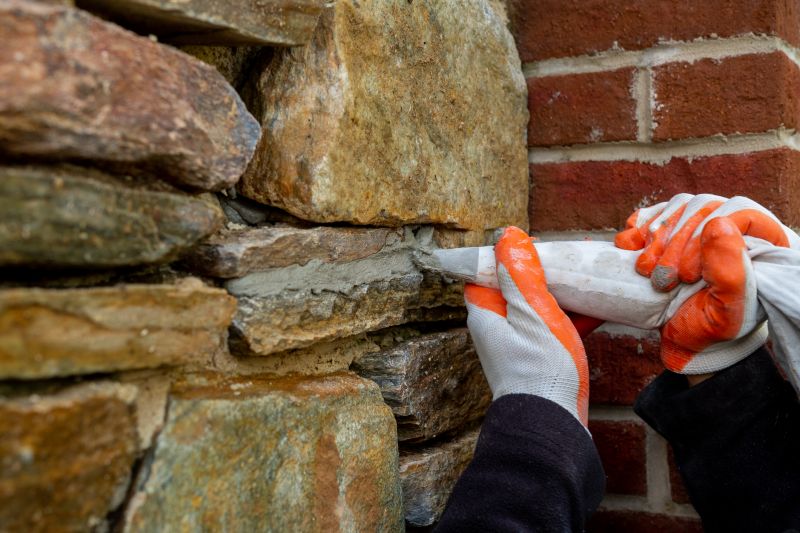
Proper planning around weather conditions minimizes delays and enhances quality.
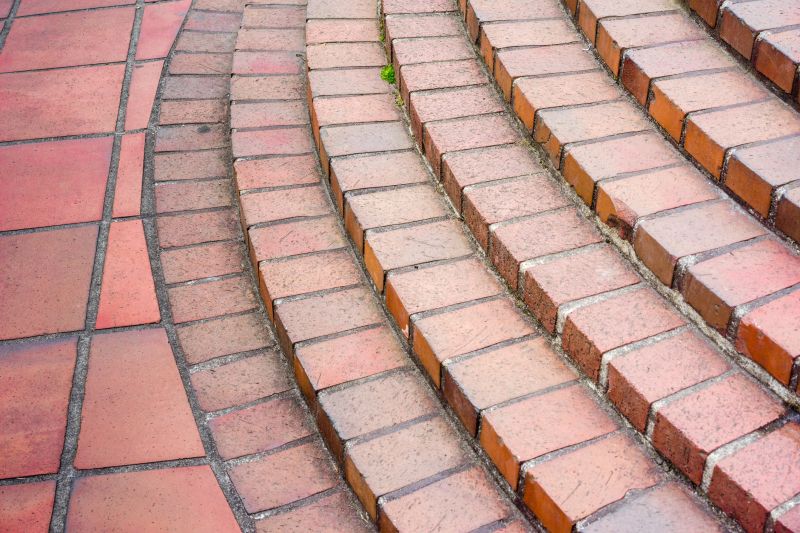
Certain seasons see higher demand for masonry services due to weather suitability.
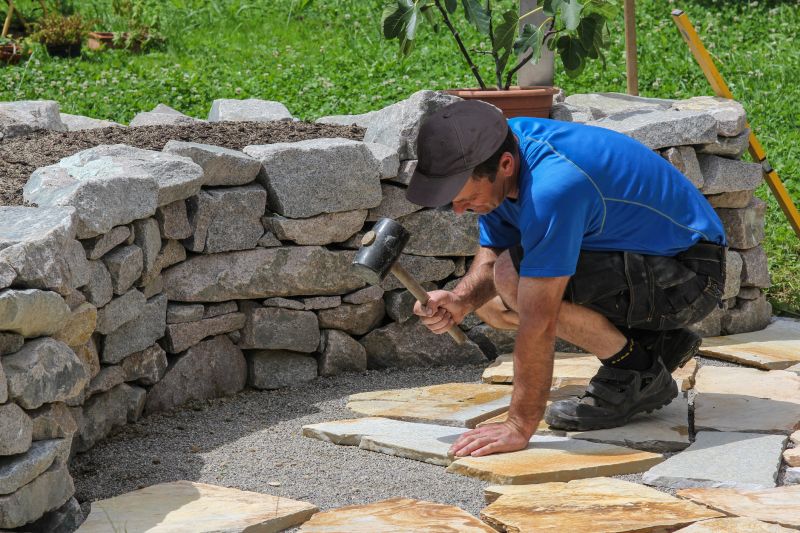
Understanding weather patterns helps in scheduling for best results.
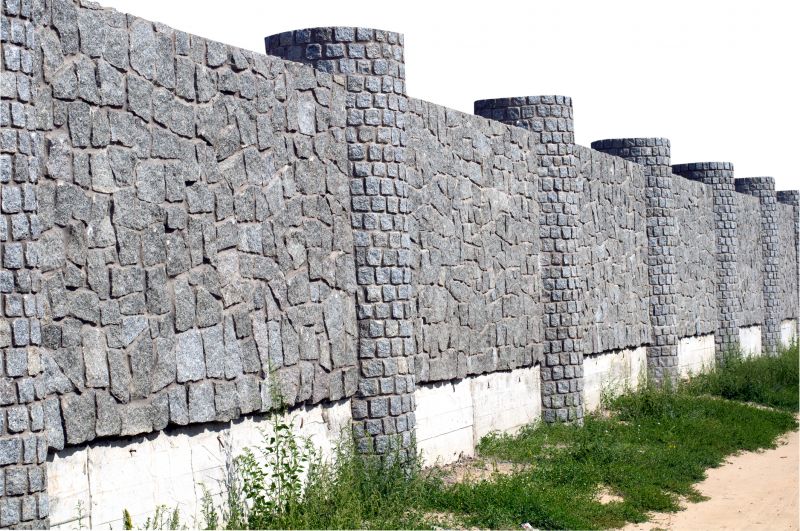
Local climate influences the timing of masonry projects for durability and quality.
| Season | Ideal Conditions |
|---|---|
| Spring | Moderate temperatures, low rainfall, ideal for curing. |
| Early Fall | Cooler weather, lower humidity, suitable for masonry. |
| Summer | High temperatures may cause mortar issues; caution needed. |
| Winter | Cold temperatures can delay curing and weaken mortar. |
Masonry services involve the construction, repair, and restoration of structures using materials such as brick, stone, and concrete blocks. Proper timing ensures these materials bond correctly and last over time. Seasonal considerations play a crucial role in achieving durable and visually appealing results. Scheduling during suitable weather conditions minimizes delays and reduces the risk of issues like cracking or mortar failure.
Statistics indicate that masonry projects completed during optimal seasons experience fewer defects and longer-lasting results. Proper planning around weather conditions can reduce repair costs and extend the lifespan of structures. Masonry work requires precise execution, and favorable weather ensures that mortar and other materials cure correctly, maintaining structural integrity and aesthetic quality.
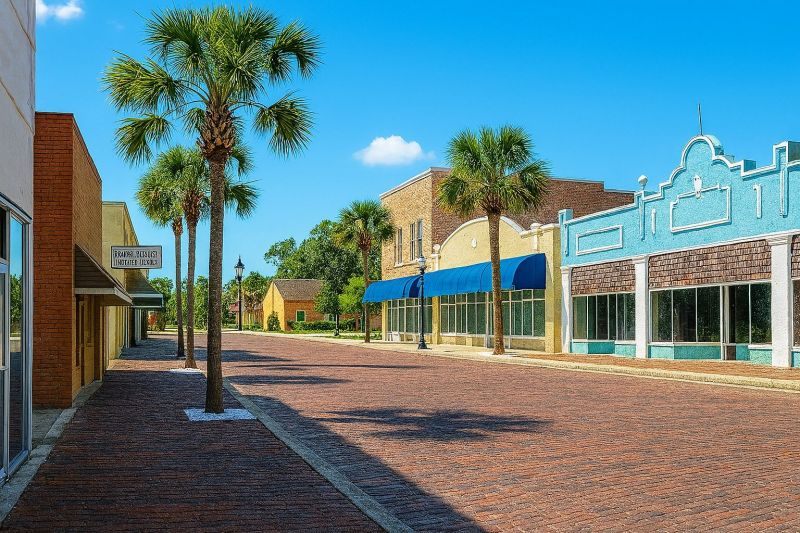
Spring is ideal for masonry projects with its mild climate and low rainfall.
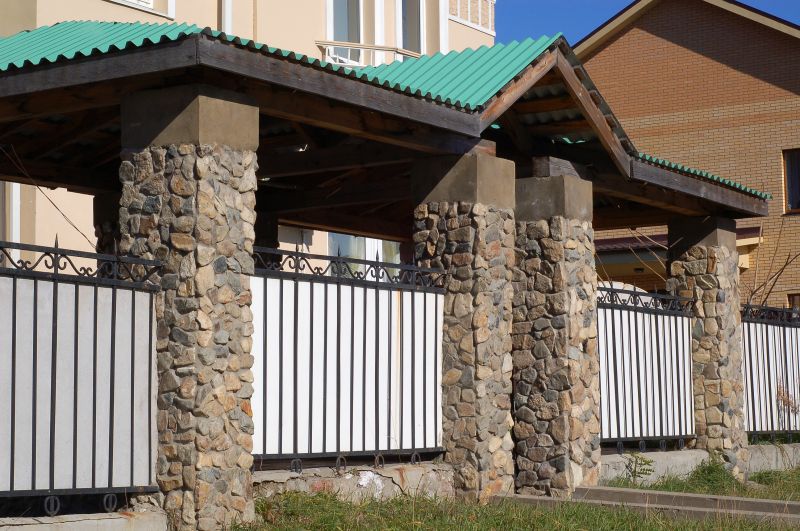
Fall offers cooler weather, making it suitable for durable masonry structures.
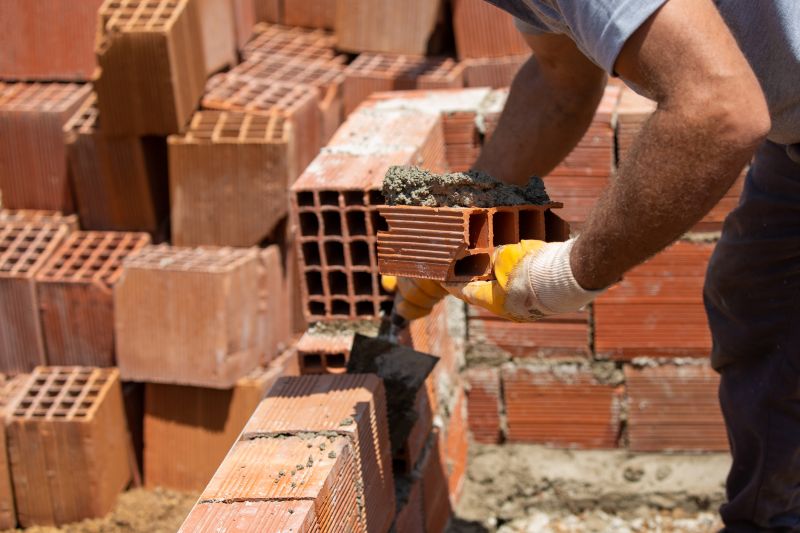
High summer temperatures can affect mortar curing times.
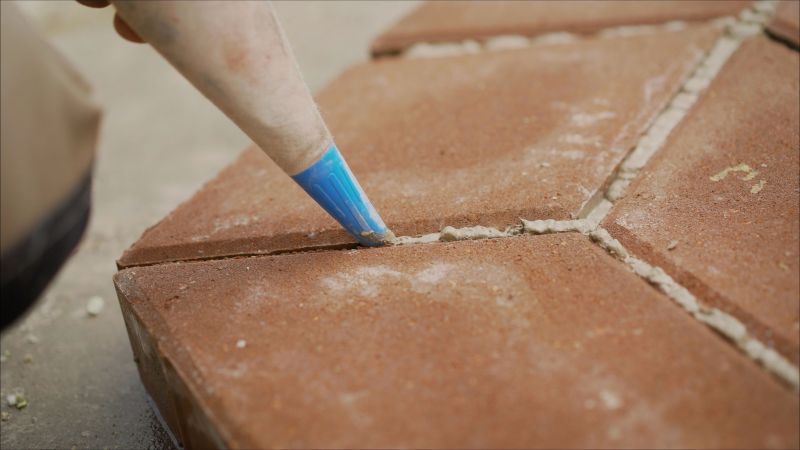
Cold weather can delay masonry work and impact mortar strength.

Simple add-ons that improve Masonry Service without blowing the budget.

High-end options that actually feel worth it for Masonry Service.
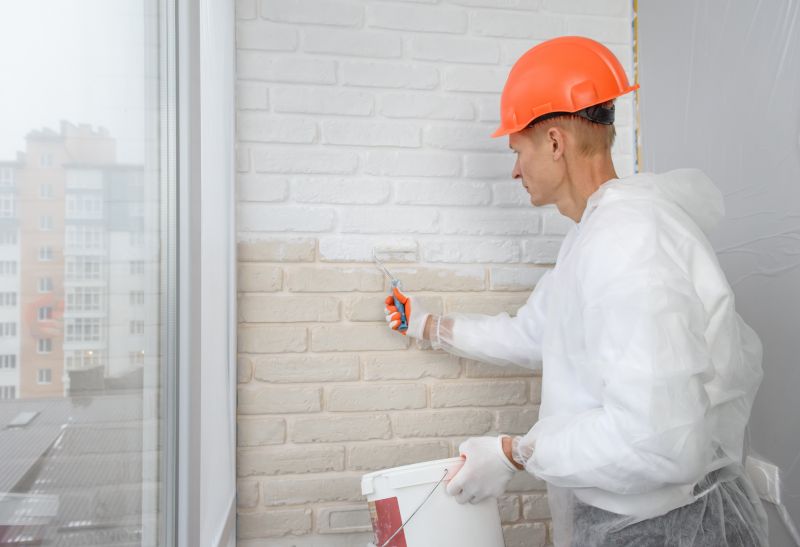
Finishes and colors that play nicely with Masonry Service.
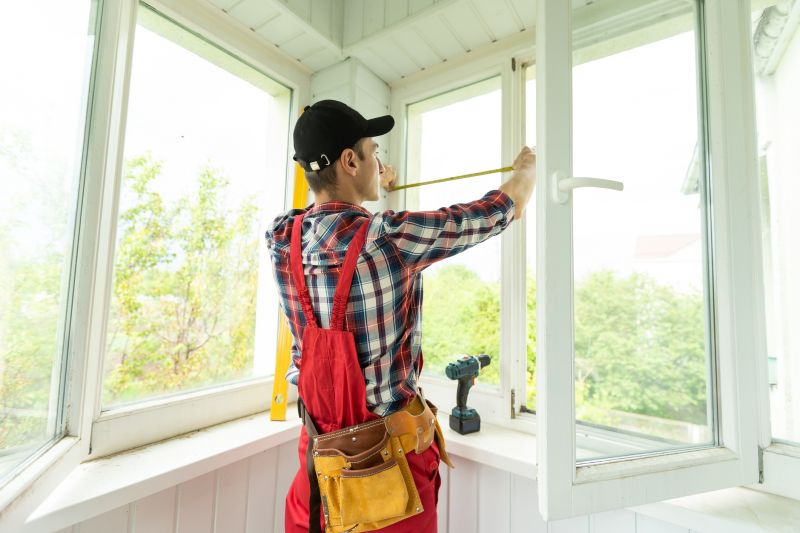
Little measurements that prevent headaches on Masonry Service day.
Interested in scheduling masonry service? Filling out the contact form can help plan your project during the most suitable season for optimal results and longevity.
